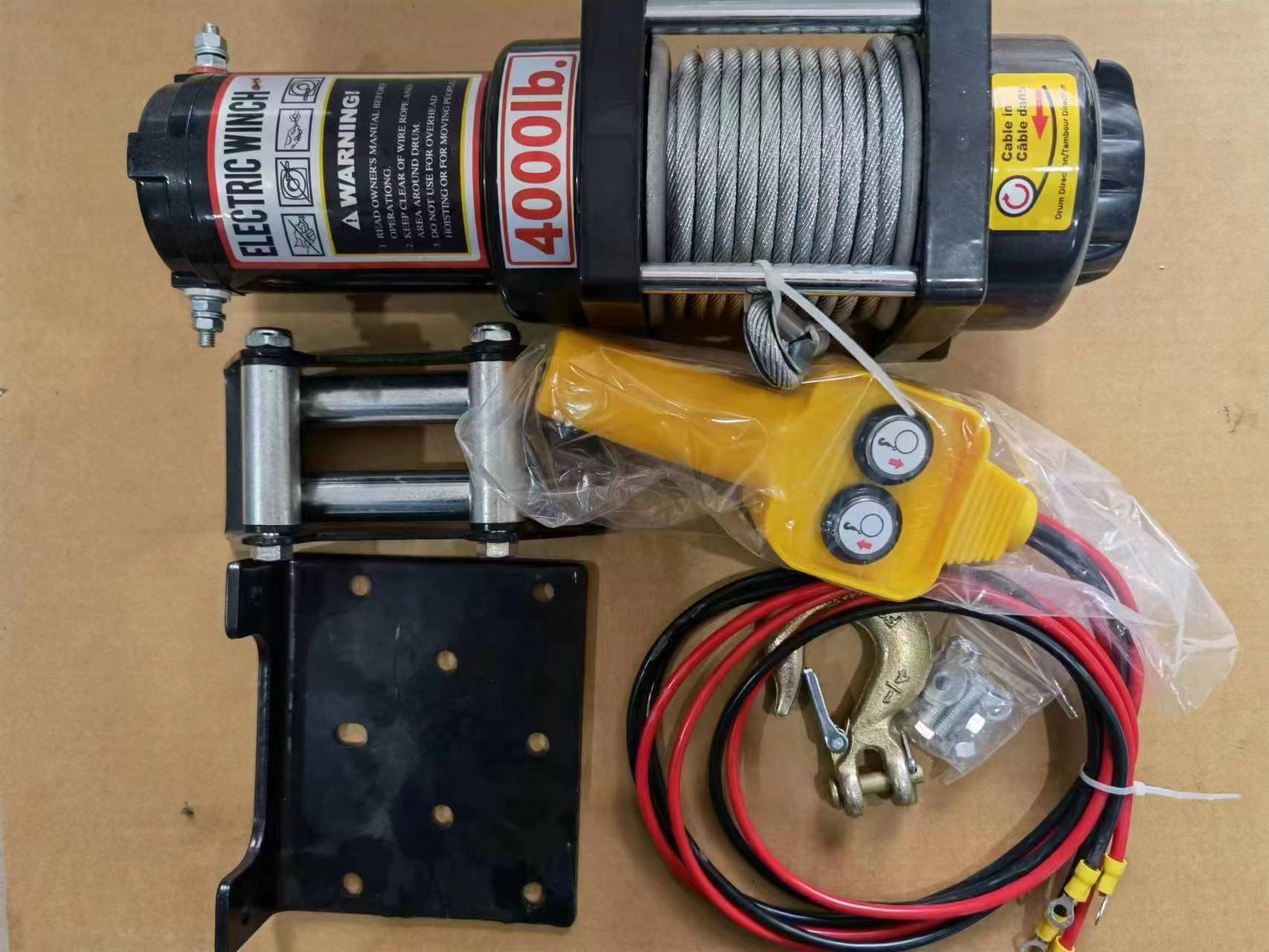


Understanding Crane Scales Precision Weighing for Heavy Loads
In various industries, the ability to accurately measure the weight of heavy objects is crucial. Whether in construction, shipping, or any sector dealing with large materials, crane scales play an essential role in ensuring safety and efficiency. This article will explore the significance of crane scales, their types, applications, and benefits.
Crane scales are specialized devices designed to measure the weight of heavy loads suspended from a crane or hoisting equipment. Unlike traditional scales, which are stationary and typically used for lighter items, crane scales are portable and capable of handling significant weights. They often feature a hook or sling that connects to the load, allowing the scale to determine the exact weight by measuring the strain on the device.
One of the key advantages of crane scales is their precision. Most modern crane scales provide digital displays that show the weight in various units, such as pounds or kilograms. Some advanced models even offer features like Bluetooth connectivity, enabling real-time weight data transmission to smartphones or computers. This technological advancement allows operators to monitor weights from a safe distance, reducing the need to be near potentially hazardous loads.
There are different types of crane scales available on the market to cater to varying needs and applications. For example, mechanical crane scales rely on spring mechanisms to measure weight, while electronic crane scales utilize load cells that provide more accurate readings over a broader range of capacities. Some crane scales are designed with specific features such as waterproofing for outdoor use or anti-corrosive coatings for maritime applications. Users can choose the appropriate type based on their operational environment and the nature of the loads they handle.

The applications of crane scales are vast. In construction, they are utilized to weigh materials such as steel beams or concrete slabs before they are hoisted into place. In shipping and logistics, crane scales help ensure that cargo is not overloaded, preventing accidents and damage during transport. Additionally, industries like manufacturing and recycling use crane scales to manage inventory and streamline operations. By providing accurate weight measurements, these scales contribute to better planning and resource management.
One of the key benefits of using crane scales is enhanced safety in the workplace. Knowing the exact weight of a load helps prevent overloading cranes and hoists, reducing the risk of equipment failure and accidents. Moreover, accurate weight monitoring ensures that loads are securely balanced during lifting, further minimizing the potential for accidents.
Additionally, crane scales can increase efficiency. By providing quick and precise weight readings, they enable faster decision-making during loading and unloading processes. This can lead to reduced downtime and improved productivity, ultimately benefiting the bottom line for businesses.
In conclusion, crane scales are invaluable tools for industries that handle heavy loads. Their ability to accurately measure weight enhances safety and efficiency, making them essential for various applications. As technology continues to evolve, we can expect even more advanced features in crane scales, further revolutionizing the way we handle large materials in the workplace. Investing in a quality crane scale is not just about measuring weight; it's about ensuring the safety and efficiency of operations in a demanding environment.



